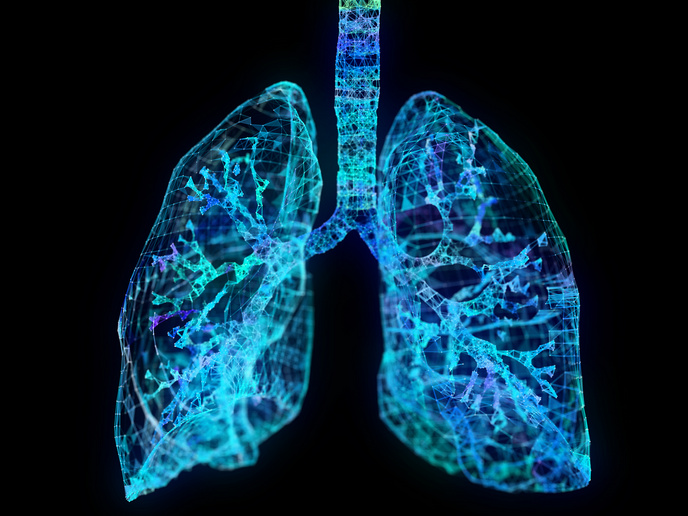Hormonal gender reassignment therapy and the immune system
Not only are more adolescents identifying as being transgender or gender diverse, many are also undergoing hormonal gender reassignment therapy. While this procedure may be becoming increasingly common, we still know very little about its impact on a trans-individual’s immune system. “Epidemiological data regarding trans individuals and immunological outcomes is completely lacking, and there is only minimal ongoing, long-term research with an immunological focus on trans people,” says Petter Brodin(opens in new window), a physician at the Karolinska Institute(opens in new window), a leading medical university in Sweden. With the support of the EU-funded SHIFT project, Brodin led an effort to close this knowledge gap. The project sought to address the issue of why marked sex-differences exist in the prevalence and presentation of immune-mediated conditions. “Our key aim was to perform longitudinal, systems-level analyses of immune cell composition, phenotype and response, alongside plasma protein levels, and to relate any testosterone-induced changes to known divergent immune responses in males and females,” explains Brodin.
Differentiating between biological sex and gender
One initial and unexpected challenge the project had to address was the confusing terminology used in research. Specifically, they needed to differentiate between the genetic state of being male (XY) or female (XX) from that of gender, which refers to the way a person identifies as a man, woman or other, irrespective of biological sex. According to Brodin, the two are often used interchangeably. “We ultimately settled on a definition that is difficult to misinterpret, whereby our study participants were termed XX individuals undergoing gender-affirming testosterone therapy,” notes Brodin.
The effects of exogenous testosterone on immune function
Another challenge researchers faced was that immunological sex-differences stem from a combination of genetic, hormonal and behavioural factors. This makes isolating the contributions of each extremely complicated. To overcome this challenge, the project included chromosomally XX adults undergoing gender-affirming testosterone treatment. “This allowed us to specifically examine the effects of exogenous testosterone on immune function in individuals not previously exposed to testosterone levels within the normal male reference range,” adds Brodin.
Impacting how the body responds to infectious agents
Having cleared these challenges, the project was able to reach some important findings, including showing the different ways testosterone treatment can impact how the body responds to viral infections. “Taken together, our work may help explain divergent responses in males and females towards infectious agents, vaccines and self-antigens – including why males are at an increased risk of severe disease after having contracted COVID-19,” remarks Brodin.
Improving healthcare for everyone
The SHIFT project, which was undertaken with the support of the Marie Skłodowska-Curie Actions(opens in new window) programme, stands out as being one of the first to shed light on the immunological effects of hormonal gender reassignment. “While our findings have the potential to improve the future healthcare of a relatively small minority, they are also relevant to the wider population in terms of opening the door to more individualised healthcare,” concludes Brodin.







